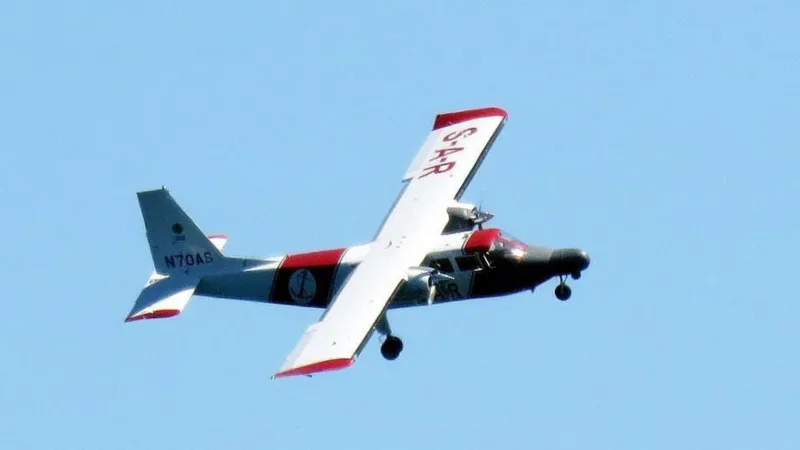The Channel Islands, known for their picturesque landscapes and rich marine ecosystems, have seen a notable surge in air search callouts over recent months. This increase has raised questions about the underlying causes, the impact on local emergency services, and the potential measures to address the growing trend.
Search and rescue teams, often comprising skilled volunteers and professionals, play a critical role in responding to emergencies across the Channel Islands. From lost hikers to maritime incidents, their dedication ensures the safety of residents and visitors alike. However, the recent uptick in callouts has put considerable strain on resources, with air search teams bearing a significant part of the burden.
Several factors are believed to contribute to this rise. The growing popularity of outdoor activities such as kayaking, paddleboarding, and hiking has brought more people into remote and potentially hazardous areas. Additionally, unpredictable weather patterns, including sudden fog or strong winds, can quickly turn routine outings into dangerous situations. The Channel Islands’ diverse and rugged terrain further complicates rescue operations, necessitating advanced aerial support for timely responses.
While the increasing demand highlights the importance of these emergency services, it also underscores the need for proactive measures. Public awareness campaigns, emphasizing safety protocols and the importance of checking weather conditions before embarking on outdoor activities, could help reduce the number of preventable incidents. Moreover, encouraging the use of safety equipment like personal locator beacons (PLBs) and life jackets may improve outcomes when emergencies occur.
Emergency services are also exploring ways to enhance their operational efficiency. This includes expanding volunteer training programs, upgrading technology such as drones for initial search efforts, and securing additional funding to maintain essential resources. Collaboration with local communities and businesses is vital, as their support can strengthen preparedness and response capabilities.
Despite the challenges, the commitment of air search teams remains unwavering. Their efforts not only save lives but also reassure the public of their safety when exploring the islands’ natural beauty. As the number of callouts continues to grow, fostering a culture of safety and shared responsibility among residents and visitors will be key to balancing the demand on emergency services and preserving the Channel Islands’ reputation as a safe and inviting destination.
In conclusion, the rising frequency of air search callouts in the Channel Islands is a multifaceted issue requiring a collaborative approach. By addressing the root causes, enhancing safety measures, and supporting emergency services, the region can navigate this challenge while ensuring the well-being of all who enjoy its unique landscapes.

 Fashion4 months ago
Fashion4 months ago
 Sports5 months ago
Sports5 months ago
 Fashion4 months ago
Fashion4 months ago
 Learning3 months ago
Learning3 months ago
 News3 months ago
News3 months ago
 News4 months ago
News4 months ago
 Technology5 months ago
Technology5 months ago
 Hot News2 months ago
Hot News2 months ago









